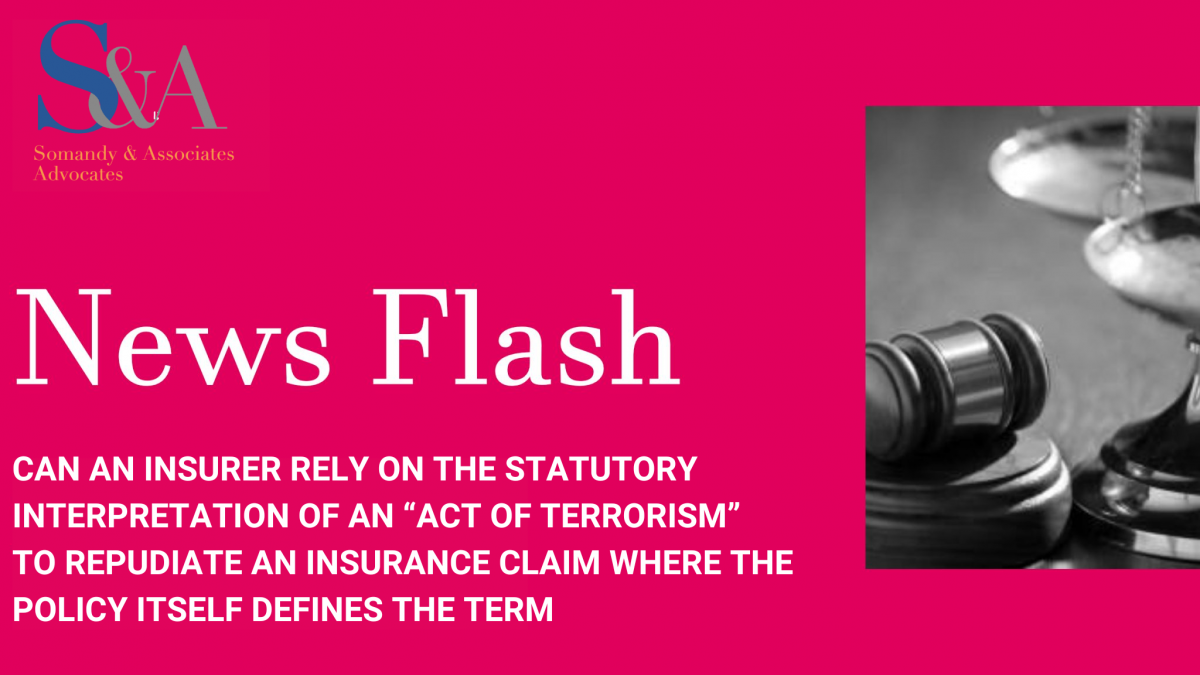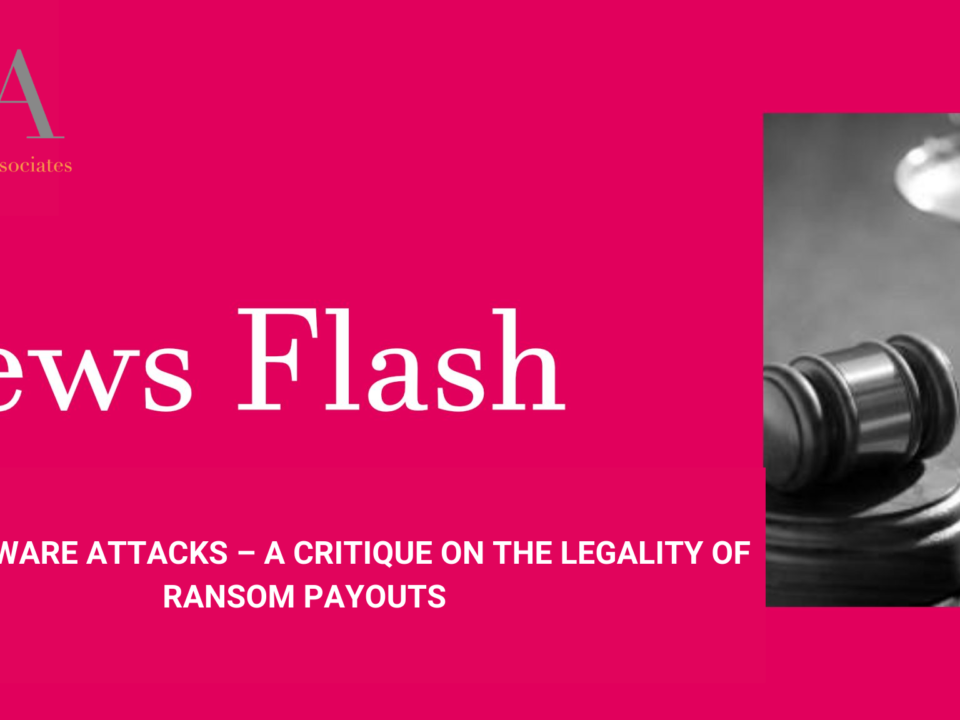Can an insurer rely on the statutory interpretation of an “Act of Terrorism” to repudiate an insurance claim where the policy itself defines the term.

In the matter of Narsingh Ispat Ltd. vs Oriental Insurance Co. Ltd., the question before the Supreme Court was whether the statutory definition of an act of terrorism could be relied upon by the insurer to repudiate the claim of the insured or whether the definition as contained in the insurance contract would bind the parties.
The brief facts of the case are that the insured had taken a Standard Fire and Special Perils Policy from the insurance company in respect of their Engineering Workshop and Plant, covering the loss on account of fire, lightning, explosion, riots, strike, etc. An incident thereafter occurred and the insured contended that the object of the incident was to terrorise the management of the insured and workers in the factory by forcing them to pay
a ransom to the miscreants. The insured therefore lodged a claim with the insurance company.However, the insurance company repudiated the claim relying on the Exclusion Clause of the policy regarding loss or damage caused by acts of terrorism.
The insurance company argued that since the police had invoked Section 17 of the Criminal Law (Amendment) Act, 1908, against the miscreants for the unlawful association, this established that the loss caused to the insured was due to a terrorist act and consequently the statutory definition of an act of terrorism would apply and not the
definition stated in the insurance contract. The Supreme Court, rejecting the contention of the insurance company held that when the policy itself defines the act of terrorism in the Exclusion Clause, the terms of the policy being a concluded contract will govern the rights and liabilities of the parties. The parties cannot rely upon the definitions of ‘terrorism’ in various penal statutes since the Exclusion Clause contains an exhaustive definition of act of terrorism.
Thus, the Supreme Court concluded that the policy specifically covered the damage caused by riots or violent means. Hence, it was held that the decision to repudiate the claim could not be sustained by referring to the statutory definition of terrorism where the policy itself defined the term.



